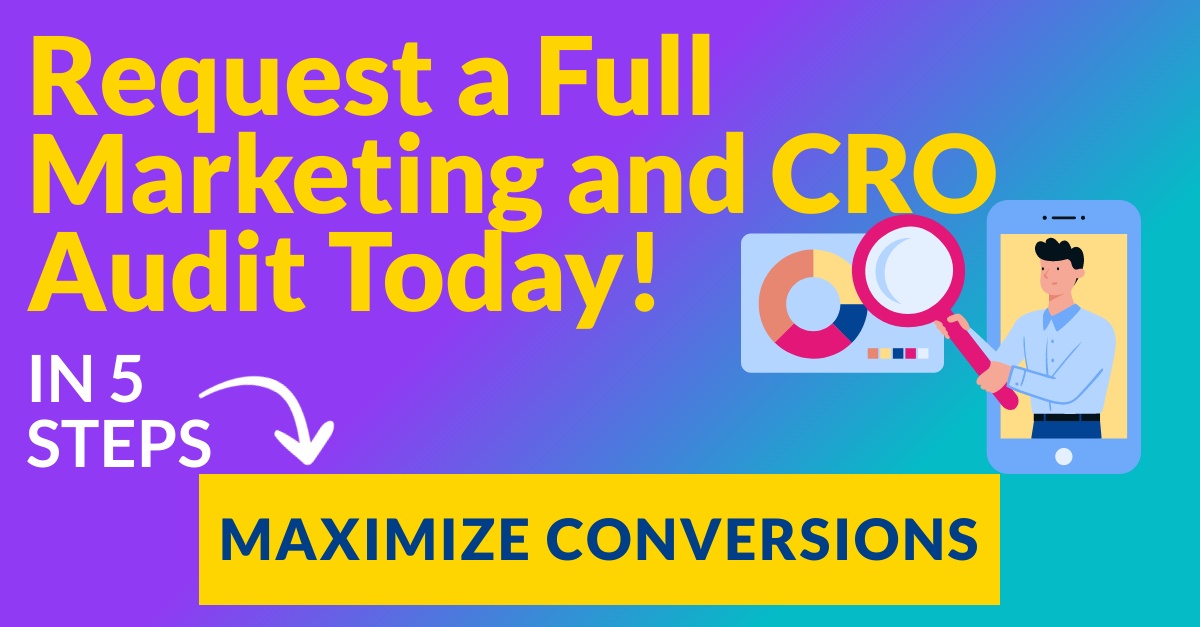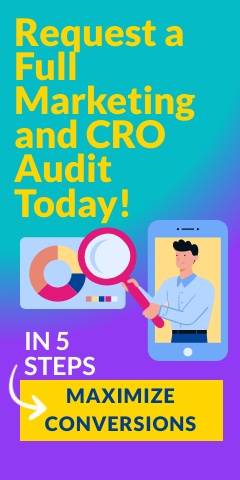 Search Engine Optimization (SEO) is the set of processes designed to successfully compete for top organic rankings via specific keyword searches. It is generally well understood that getting to the top pages, even page 1, is of paramount importance to be regularly found online by those who are entering keyword phrases that are most relevant to the website being promoted.
Search Engine Optimization (SEO) is the set of processes designed to successfully compete for top organic rankings via specific keyword searches. It is generally well understood that getting to the top pages, even page 1, is of paramount importance to be regularly found online by those who are entering keyword phrases that are most relevant to the website being promoted.
Google and the other major search engines account for 99% of all searches conducted online. 68% of searchers don’t go past page 1; 98% don’t go past page 3. Almost all businesses need to get found for keywords with at least 100,000 competing pages; many over 1 million competing pages … some 10’s of million competing pages.
Here is a very partial list of the major specialties of SEO:
1. Onsite Optimization – these are the onsite elements including, but not limited to, metadata, Title tags, Meta tags, Meta Keywords, coding, sitemaps (static or dynamic).
2. Indexing – this refers to the absolute requirement to produce a steady stream of unique, non-duplicate content to increase the search engine indexing activity which is very important for SEO. New Content must be added to the site all of the time (2-3 times weekly at least) with updated sitemaps sent directly to the search engines for indexing.
3. Backlink Development – Backlinks are one-way links coming from other websites directly into your website. The strategies involved include:
a. Article Copywriting
b. Press Releases
c. Podcasting
d. Webcasting
e. Data-feeds for eCommerce sites
f. Syndication through appropriate online content publishers and multimedia sites.
g. Syndication through the social media sites such as Twitter, Facebook, YouTube, MySpace, LinkedIn and dozens more.
h. Syndication through social bookmarking sites such as Digg, StumbleUpon, Delicious, etc.
4. Conversion Optimization – it is simply not enough to get top rankings. Those arriving on your site need to convert. Conversion Optimization involves an entire set of specialized tools and expertise to continually test and assess what design elements, calls to action and decision funnels are most effective to generate the desired ROI.
Now consider the following much generalized timeline of significant technological events of recent years:
a) Early 90’s – AOL
b) Late 90’s – Google
c) 2002 – iPod
d) 2005 – Over 70 million websites indexed by Google
e) 2007 – IPhone
f) 2008 – Estimates of Google Algorithm changes estimated to be at a rate of 5 per day!
g) 2008 – YouTube now accounts for over 25% of all internet searches
h) 2008 – Twitter, Facebook, and dozens of additional social media sites attract huge user growth; now relied upon heavily for consumer and technological information.
i) 2009 – Bing is launched; Google Wave in Beta
j) 2009 – IPhone 3gs
k) 2009 – Microsoft and Yahoo join forces in Search
While we can’t continue this list to predict the future, we surely will continue to see rapid change for many years.
Our point: SEO is an ever-changing science that continually adapts to changes in how business and consumers seek product and service information. Considering all of the specialties and sub-specialties included and still developing, outsourcing SEO to a full service company with full mastery of the processes and the technology is clearly indicated to the exclusion of trying to do SEO in-house. Just consider the costs of hiring a complement of employees to fully cover the specific fields within SEO, the costs of continuing education and training, salaries, benefits, turnover, etc. The most expensive thing you can do is to ignore SEO or do it poorly. Just consider the opportunity cost and the fact that your competition on page 1 is getting business that you are equally qualified to satisfy.
Outsourcing has overwhelming advantages as illustrated in this writing. The caveat of course is to select the right SEO Company. We have written on this many times. The short checklist is as follows:
- Seek Firms with a consultative, project-oriented approach.
- Strong foundation in Keyword Research.
- Demonstration of live and deep results for current and renewing clients. Live means you are doing the searches and finding the client on page 1 of Google. Deep means that you can find many competitive keywords for the same client on page 1.
- Strong Emphasis on Content.
- Ability to interview existing clients.
Use this article as your reference going forward as it will surely provide good guidance as you plan for your successful future. Of course, contact us at any point along the way for help and advice.





